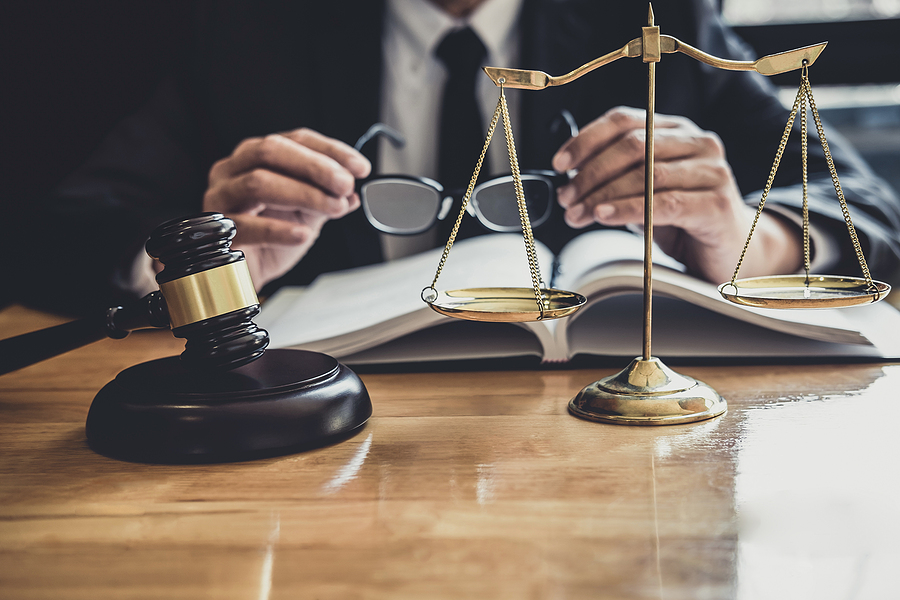A drunk driving arrest can impose serious burdens on your life, even if you are not ultimately convicted of any crime. You may spend months–or even years in the present COVID-19 environment–waiting for a trial. During that time you may need to miss work to attend court hearings and put other activities on hold. Many people wonder, “Is it even worth it?”
For one Austin man, the answer was clearly “yes.” KVUE recently reported on the case of 39-year old Harold Mitchell, who was arrested on suspicion of DWI in 2018. He waited three years for his day in court, rejecting several plea agreements from the district attorney along the way. Ultimately, Mitchell not only won his case–he received an apology from the prosecutor.
As KVUE noted, Mitchell was the “first defendant to go on trial” in Austin since the start of the COVID-19 pandemic last year. Yet the wait should have been unnecessary. There was a “fatal flaw” in the prosecution’s case that “could have easily been found with a simple phone call.”
What was that flaw? As you probably know, when police make a DWI arrest they commonly take a blood or breath sample from the suspect to ascertain their blood-alcohol content (BAC). If a person’s BAC is 0.08 percent or higher, they are legally presumed to be intoxicated, i.e., too drunk to lawfully operate a vehicle. If a test indicates intoxication, the prosecution will often call the analyst who reviewed the test to testify as an expert witness at trial. Indeed, such witnesses are usually interviewed before the trial to ensure there is no “surprise” in their testimony.
In Mitchell’s case, however, the prosecution apparently did not speak to their own toxicologist before the trial. Had they done so, the district attorney would have realized that Mitchell’s test came back with a BAC of .075 percent–which was below the legal limit. More to the point, the state toxicologist could not, in her expert opinion, could not “extrapolate that [Mitchell] was intoxicated from drugs or alcohol at the time of his arrest.”
It was not until the second day of Mitchell’s trial that this information came out in open court. To their credit, the prosecution admitted their error. They immediately moved to dismiss the case. Travis County District Attorney Jose Garza then offered a personal apology to Mitchell and told the press that he had “recently put new policies in place requiring prosecutors to seek approval from higher-ranking agency officials if their case is dependent on expert testimony.”
Contact Galveston DWI/DUI Lawyer Tad Nelson Today
Cases like this illustrate why it is never futile or hopeless to fight a DWI charge. A conviction can land you in jail and leave you with a permanent criminal record. That is why your first step following an arrest should be to call an experienced Galveston DWI attorney who can review your case and explain your legal options. Contact our law offices today if you need to speak with a criminal defense lawyer.













